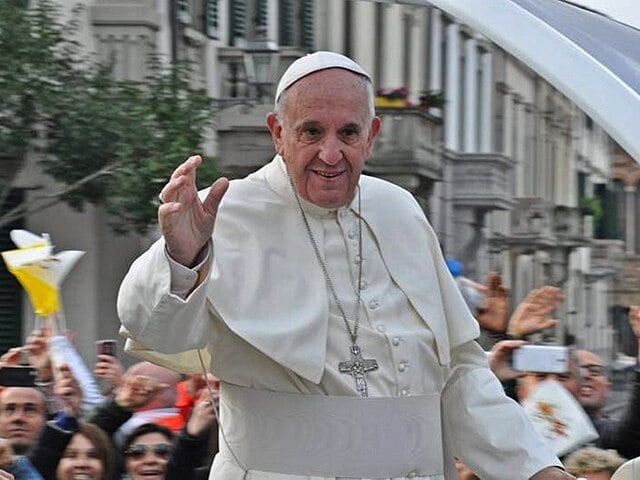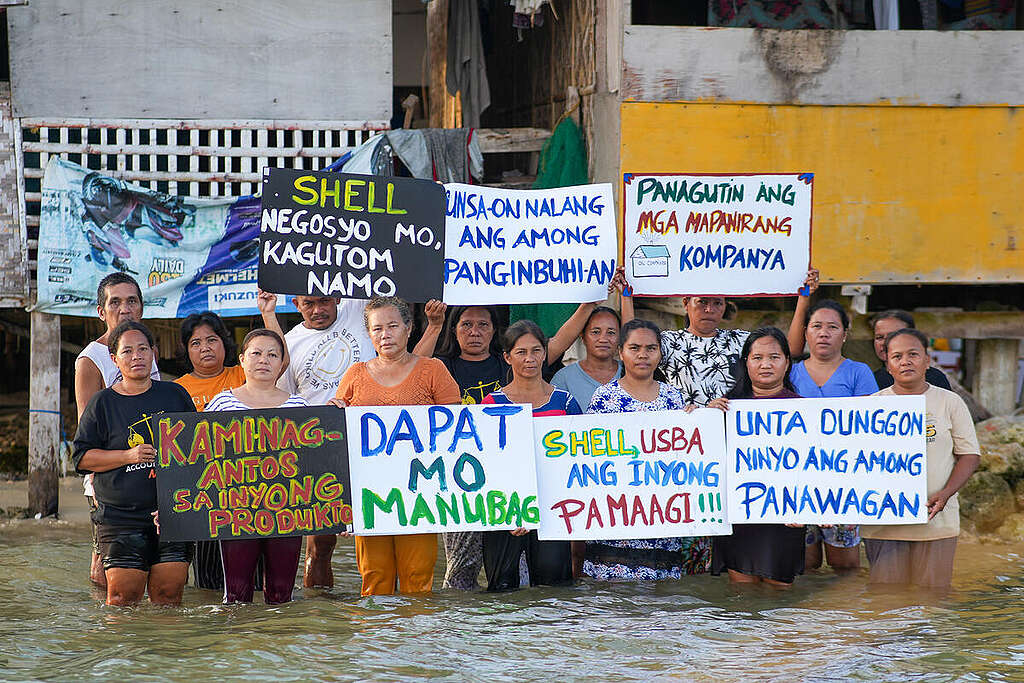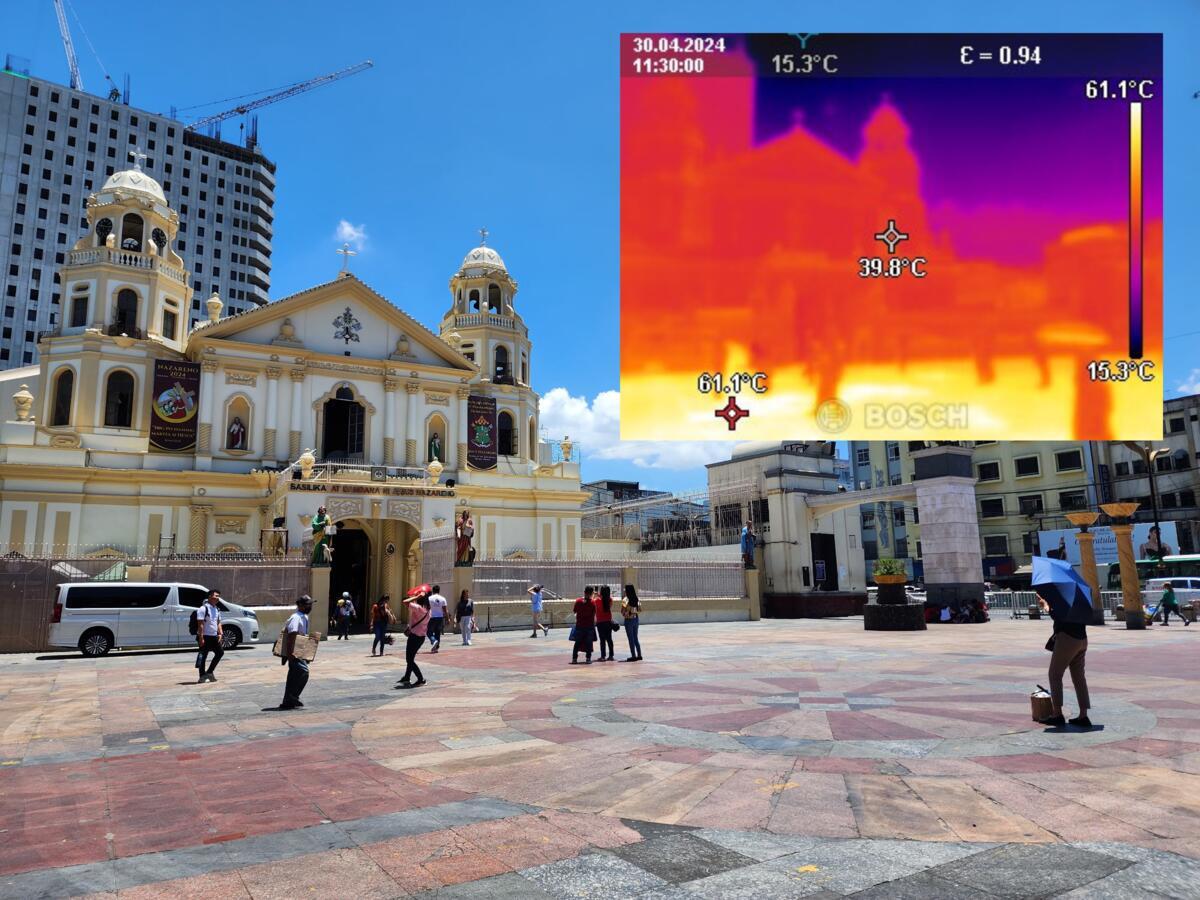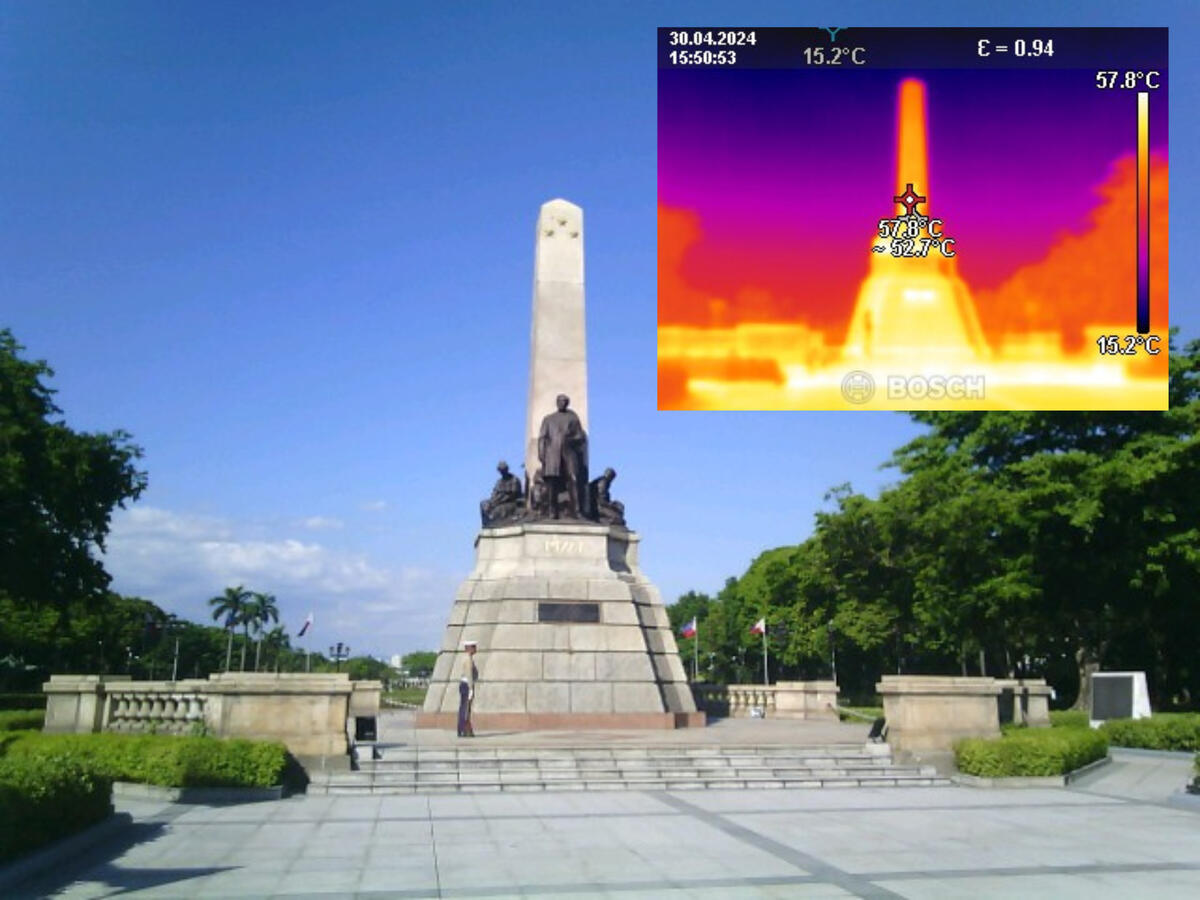
He’ll come back again, I muttered as I declined a friend’s invitation to see Pope Francis when he visited the University of Sto. Tomas in 2015. There was good reason to believe he would. Being one of two predominantly Catholic countries in Asia, the Philippines would certainly be a prime place for a liberal-leaning pope to visit. That confidence was also masked by a certain hubris that I might find myself in Rome one of these days, looking up at St. Peter’s Square. So his sudden death brings more regrets than questions; a certainty that I missed the mark and did not see Christ’s representative in the flesh.
Having been raised Catholic, the life of the Church was always like a familiar plaza. There was as much friendship as there was gossip, and it was a place to cultivate not only one’s faith but also the sense of community that is so important with the Church. In a sense, I was also brought up in the more traditional track of Catholicism, and this was also reflected in my theological interests during graduate studies. Looking back, it seemed all the more strange that I would refuse an opportunity to see the Pope. Perhaps there was something stirring inside me, a subconscious feeling that made it difficult for me to embrace the Church.
Francis, in many ways, represented a perceived break—a moment of irruption in the unified vision of the Church. One could remember the fear in his eyes when he was presented to the world for the first time in strikingly simple garb. There was something uncanny about him when he was addressing the crowd. Why couldn’t I shake off the feeling of discomfort? Being Jesuit-educated, I should understand this simplicity, but for some reason, there was what Karl Rahner called “the unsolved remainder” that lingered long after the pomp and excitement of Francis’s election.
And it became more and more apparent as Francis slowly broke down what I thought was the Church, often in gentle ways. From admitting—to a Haiyan survivor—the failure of human reason amidst unspeakable suffering, to kissing the feet of inmates in Regina Coeli prison in Rome every Maundy Thursday, Francis’s brand of Church-building was one of humility.
The Franciscan brand of humility was never far away from radical unity. In order for the Church to be truly itself, she had to go back to her roots, a Church that called for the liberation of the oppressed, that swung open the doors of secrecy, that loved everyone—todos, todos, todos—regardless of orientation, belief, background, or status. The roots of the Church, Francis pressed, had to go where there was a real chance it would not grow and then eventually rot away. The fringes and the frontlines where God seemingly has abandoned humanity: among the wastelands of war, famine, and communities flattened by extreme weather, and even in the most personal and intimate encounters of the deafening silence of God.
Perhaps it was the reaching out to the margins that terrified me, because spiritually, I’ve found myself in those dark corners especially in the last few years. Perhaps I felt seen and heard, and I did not want to be because I refused to admit that all I heard was silence. Because such is the nature of the dark night–it creeps up silently, etching away the facade of one’s faith. It then becomes like an irresistible itch that one unconsciously scratches, preventing any kind of healing. Paradoxically, it is only ever in this kind of darkness and silence that the God of Francis’s teaching fully reveals His power, the power of pure presence, and this presence had a name: mercy.
That was probably the unsolved remainder: a God that offered no world-changing reason for the problems of humanity, no quick fixes to the climate crisis, no easy answers to the suffering of the innocent. A God that simply announces Himself as Herself in the midst of the world’s brokenness, with the complete honesty that nothing will ever fully address the weight of suffering. Francis represented that simple, honest, and all-embracing mercy, and that disturbed me, because little did I know that I was the one being ministered to.
Perhaps that was what Francis really tried to teach: to be able to have the confidence to confront even the darkest questions, mustering up the courage to face the world’s problems with nothing more than the quiet assurance that God will never leave. This conviction probably annoyed me because it was easier said than done. It probably angered me too as it didn’t offer the kind of solutions our world has been accustomed to.
The urgency is much more pressing in a world that is slowly crumbling away from the excesses of the rich and powerful, who continue to prioritize greed and self-interest over the life of the planet, and who foment hate towards those that are not like them. Could you believe that? The “answer” to all these overwhelming problems was to be silent and sit by someone and cry with them?
Maybe it was less of an answer and more of a signpost towards a starting point. That, to meet and commune with those who have suffered, what was required was to refrain from immediately offering solutions and open oneself up to the simple power of presence. In many ways it is also a slap on my face: working in an environmental NGO, one gets lost in the urgency of the calls, for instance, to make polluters pay, and one forgets the truly essential starting point of mercy. One gets addicted to the thrill of campaigning, and one neglects the unsolved remainder that will always result from the calculus of the climate crisis. Perhaps the starting point in addressing the climate crisis is on the level of fear and trembling with others, where words fail and presence remains the only acceptable response. Much like the silence that envelops a household swept away by a storm surge, and no amount of campaigning will ever repay or repair what was lost. Campaigning involving human suffering always entails acquiescing to the silence of presence, and only then can one build truly merciful and human connections and tackle the climate crisis together with others.
It took Francis’s death to make me realize that I was being ministered to spiritually and in work, and there is no timeline for when the darkness will be lifted. Now the plaza is less bustling and, at times, flooded. And the floating garbage is like the lingering memories of the moments I wasted neglecting my own faith and conviction for my work. But when I look up, all I see are the forgotten that Francis invited back into the Church, and I realize my own brokenness and darkness too, as I am constantly being invited back to the Church that is equally broken.
Maybe this is what it means to be a Church now: to acknowledge our brokenness and how we have become used to or even addicted to it. To use this as a starting point to see each other as each other and cultivate the kind of courageous presence that breaks down the powerful. Until everyone, everyone, and everyone is embraced without measure.
You might want to check out Greenpeace Philippines’ petition called Courage for Climate, a drive in support of real policy and legal solutions in the pursuit of climate justice.

The climate crisis may seem hopeless, but now is the time for courage, not despair. Join Filipino communities taking bold action for our planet.
Make an Act of Courage Today!Jefferson Chua is a Greenpeace Campaigner working on climate, based in the Philippines.



